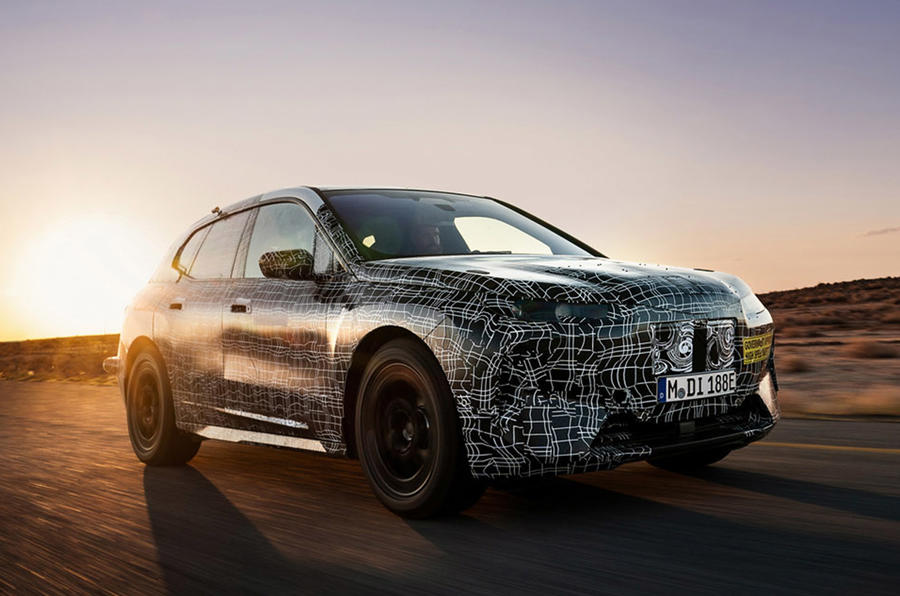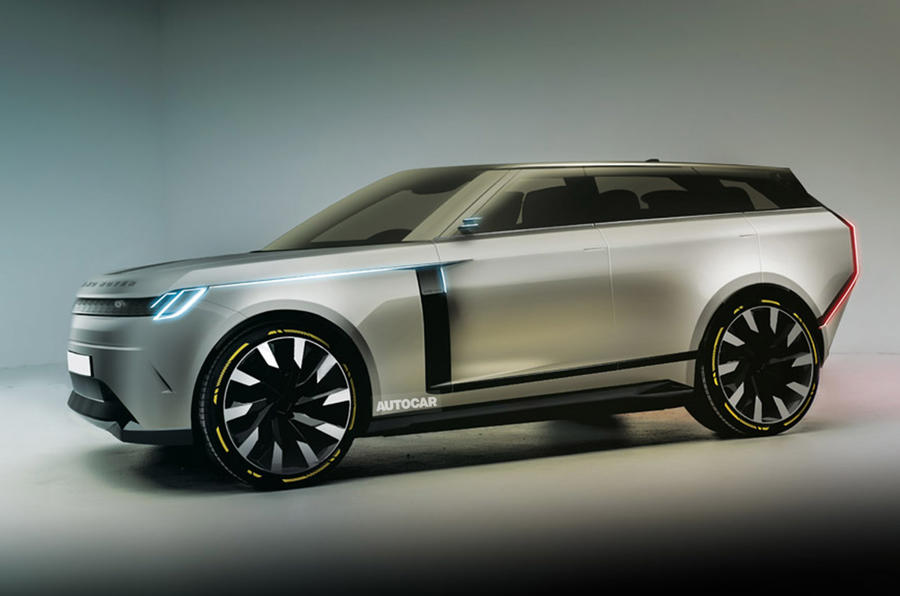New Reimagine strategy reinforces company commitment to hydrogen; fuel-cell Range Rover could launch later this decade.
Jaguar Land Rover (JLR) has confirmed that fuel cell powertrain development forms a core part of its bold new ‘Reimagine’ transformation strategy, and will begin road testing prototypes within the next 12 months.
Last year, the company detailed its Project Zeus initiative: a serious hydrogen power research project with the aim of developing fuel cell-powered versions of its larger vehicles. It has now reinforced that ambition to prepare itself for “the expected adoption of clean fuel-cell power in line with a maturing of the hydrogen economy”.
Should the research effort – which is known as Project Zeus – prove successful, the fuel cell technology would most likely be ready for production use around the time of the next-generation Range Rover Evoque’s arrival in the middle of the 2020s and then be used for zero-emissions versions of larger models in the future.

The Reimagine plan, detailed today, will see Jaguar and Land Rover use separate, bespoke EV architectures for their upcoming models, with Jaguar set to go EV-only from 2025. However, the hydrogen project could give it another powertrain option as the British government’s plan to ban the sale of internal combustion-engined vehicles by 2030 approaches.
Project Zeus was described by JLR product engineering chief Nick Rogers as “really, really important”. He added that the company will soon reveal a driveable hydrogen fuel cell concept car.
“We’re looking for the right propulsion systems – ones that see minimum interference to the environment,” said Rogers.
“With hydrogen, we believe there’s a key place [for it in our line-up]. We’re developing and investing in that, and we’re getting great support to do that.”
While it’s still early days and the focus is on developing the hydrogen powertrain technology, the first concept developed as a result of Project Zeus is likely to be an Evoque-sized SUV.
The technology is being seriously considered for use in JLR’s large vehicles in the future – particularly within the Land Rover range. The Range Rover, Range Rover Sport and Range Rover Velar would all be natural choices for hydrogen power, given their large size and need for a long range and flexible usage.
Hydrogen power could also be a strong option in regions and countries with limited BEV charging infrastructures where rugged off-roaders are popular.
While Jaguar could also use the technology for its future models, it’s likely to focus on battery-electric propulsion, given its cars’ generally smaller size and greater road bias than Land Rovers.
Hilton Holloway




